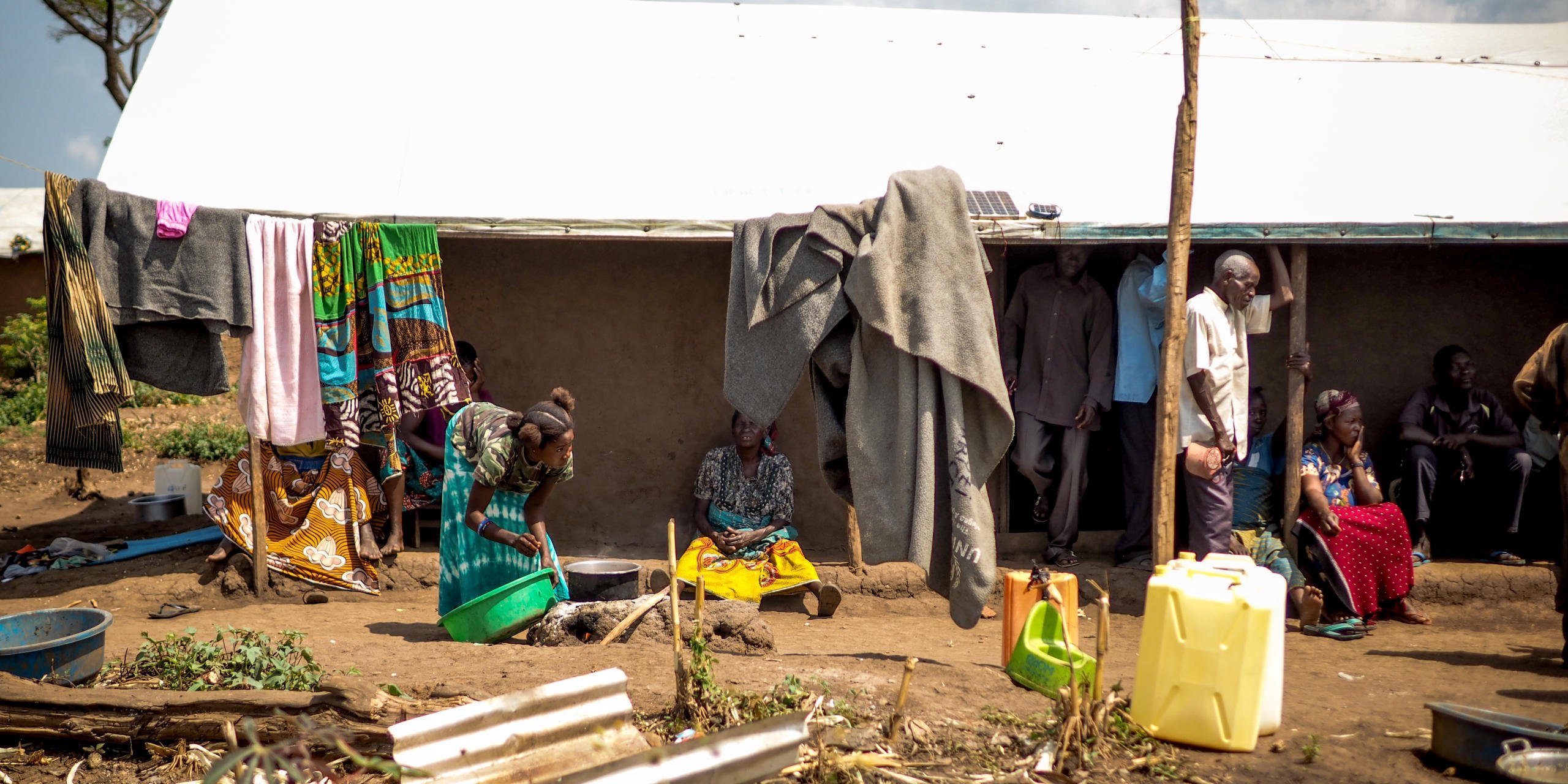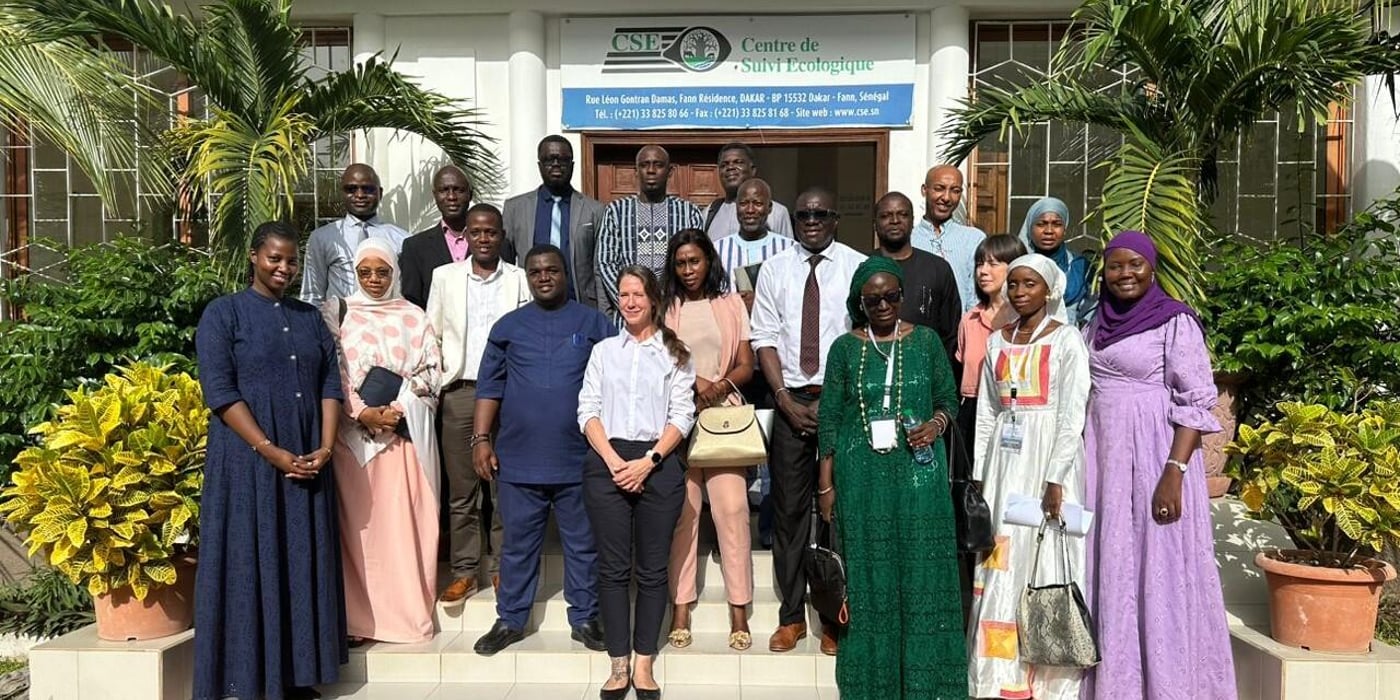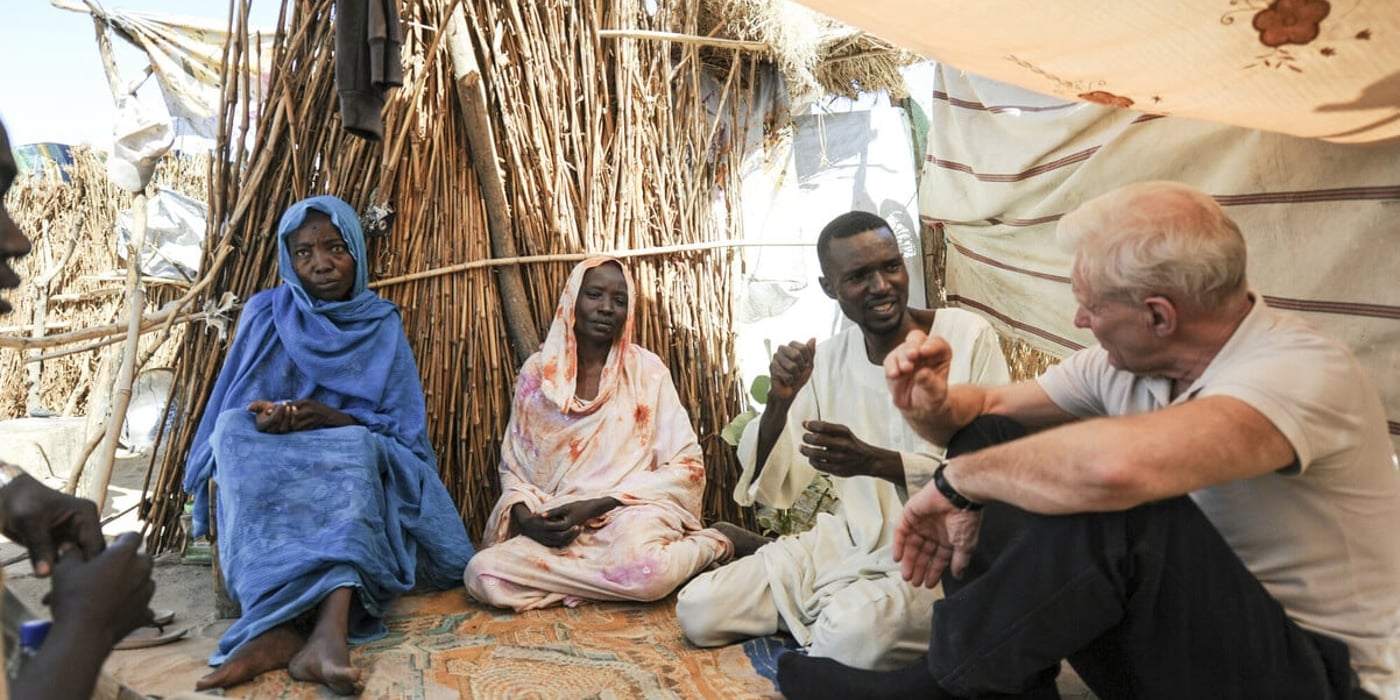
“Rich countries have broken their promises of international responsibility-sharing for handling the global refugee crisis. Nowhere is this more evident than in Uganda,” said Adam Bouloukos, Uganda's Country Director for the NRC.
“Unlike the US and many European countries, Uganda shouldered the so-called "burden" of the global refugee crisis, and opened its borders without complaint and showed humanity to their neighbours when others wouldn´t. Still, there have been damaging cuts in life-saving aid by the international community, who are shamefully neglecting this growing crisis,” he explained.
Last year’s response plan estimated that about $220 million was needed to respond to the large influx of refugees from DR Congo. Of this, less than 40 per cent was funded. The response to the large number of refugees from South Sudan, the highest number of refugees in Uganda, was also gravely under-funded.
“In some ways, Uganda is a victim of the international community's perception that it could cope with the influx of refugees. But nothing could be further from the truth. Uganda is already struggling with a huge range of social and economic challenges. The refugee population adds to those challenges and as such, the country needs support to address the massive needs,” he said.
Some South Sudanese refugees have returned home despite fresh violence in several provinces across the border, due to poor living standards and a lack of opportunities in the settlements in Uganda.
Anna, a 37-year-old refugee from South Sudan said: “We only have one meal a day. To meet some of the other basic needs like fuel, we have to sell or exchange our rations, so we always run out of food before the next distribution.”
Recent incidents of mismanaged donor funding have not helped the situation. The NRC stresses the need for donor countries to ensure that in light of such cases, mechanisms should be put in place to reallocate funds rather than freeze them.
“Any temporary or permanent disruption to humanitarian funding in Uganda will invariably have ramifications for some of the world’s most vulnerable people. Donor countries must ensure that refugees and host communities are not punished for the failings of others,” Bouloukos noted.



